Home>Garden Essentials>How Long Do Spores Take To Germinate In PF Tek?
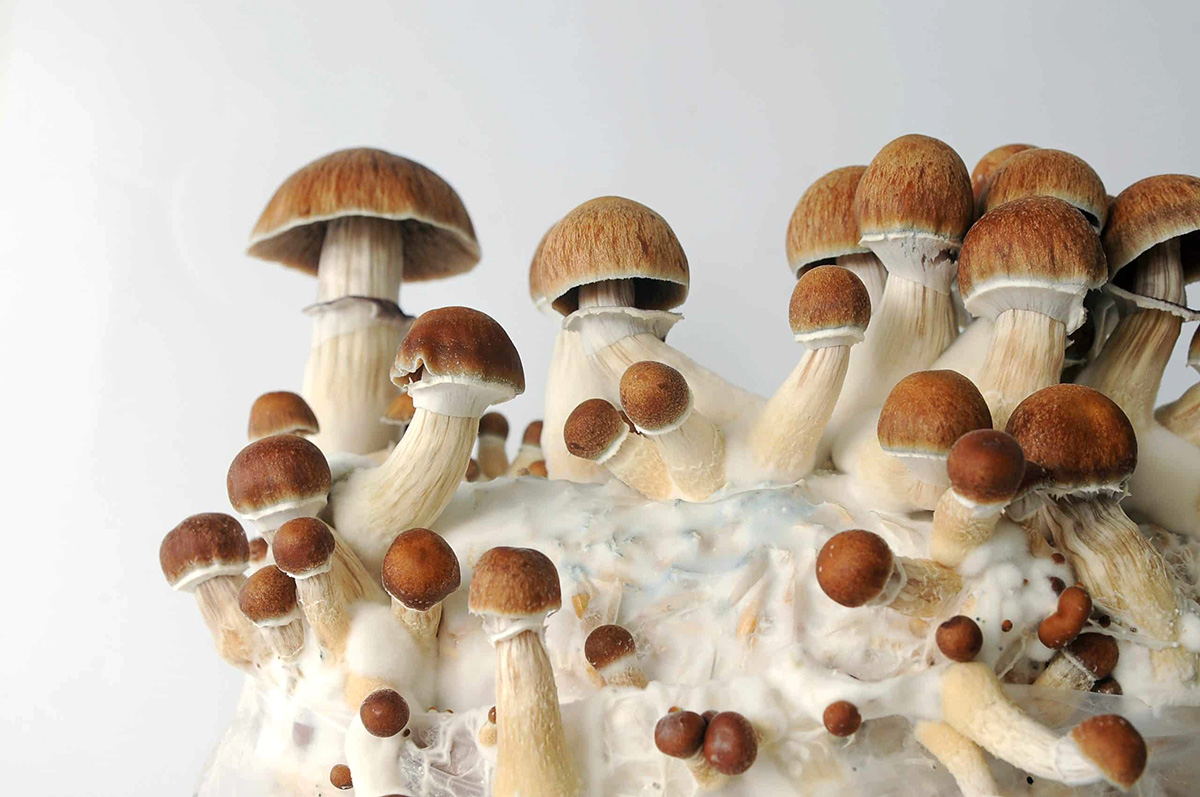

Garden Essentials
How Long Do Spores Take To Germinate In PF Tek?
Modified: March 16, 2024
Discover how long it takes for spores to germinate in PF Tek and start your garden with success. Explore our expert insights today.
(Many of the links in this article redirect to a specific reviewed product. Your purchase of these products through affiliate links helps to generate commission for Storables.com, at no extra cost. Learn more)
Introduction
Welcome to the fascinating world of mushroom cultivation! If you’re new to the practice, you may be wondering how long spores take to germinate in the popular PF Tek technique. Spore germination is a crucial stage in the cultivation process, as it marks the beginning of fungal growth and the eventual formation of mushrooms.
PF Tek, short for Psylocybe Fanaticus Technique, is a popular method used by amateur and experienced growers alike. It was developed by Robert McPherson, also known as Psylocybe Fanaticus, and has gained widespread recognition for its simplicity and high success rate. The technique involves using a mixture of vermiculite, brown rice flour, and water as the substrate for mushroom growth.
Understanding the spore germination process is vital for successful cultivation. Spores are essentially the reproduction units of mushrooms, similar to seeds in plants. When conditions are favorable, spores will begin to germinate and produce mycelium, the vegetative part of the fungus. Mycelium growth is crucial for eventually forming the fruiting bodies, which are the mushrooms themselves.
In the PF Tek method, spores are introduced onto the surface of the substrate mixture. From there, they need specific conditions to germinate and initiate mycelium growth. The exact germination time can vary depending on various factors, including environmental conditions, mushroom species, and the quality of the spores being used.
In this article, we will explore the factors that influence spore germination in PF Tek, discuss the average germination times for different mushroom species, and provide some useful tips to enhance the germination process. So, let’s dive in and uncover the mysteries behind spore germination in PF Tek!
Key Takeaways:
- Spores in PF Tek take 7-21 days to germinate, influenced by factors like temperature, moisture, and spore quality. Patience and attention to detail are key for successful cultivation.
- PF Tek offers a simple method for growing mushrooms at home. Understanding spore germination and following key tips can enhance success and lead to a bountiful harvest.
Read more: How Long Do Spores Take To Germinate On Agar
What is PF Tek?
PF Tek, short for Psylocybe Fanaticus Technique, is a simple and reliable method for growing mushrooms at home. It was developed by Robert McPherson, also known as Psylocybe Fanaticus, and has gained huge popularity among mushroom enthusiasts due to its effectiveness and ease of use.
PF Tek is a method specifically designed for growing psychedelic mushrooms, such as Psilocybe cubensis, which are prized for their psychotropic properties. The technique revolves around creating an ideal substrate for the mushrooms to grow on, thus allowing for a successful cultivation process.
The main components of PF Tek include vermiculite, brown rice flour, and water. These ingredients are mixed together to create a nutrient-rich substrate that acts as a food source for the mushroom mycelium. This mixture is then placed in sterile containers, commonly referred to as “cakes” or “bricks,” where the spores will be introduced.
One of the key benefits of PF Tek is its simplicity. It doesn’t require sophisticated equipment or extensive knowledge of mycology. The method can be easily followed by beginners, making it a great entry point for anyone interested in mushroom cultivation.
Another advantage of PF Tek is its reliance on the vermiculite and brown rice flour substrate. Vermiculite, a mineral that expands when heated, provides a loose and porous structure, allowing for adequate oxygen flow and water retention. Brown rice flour acts as a nutrient source for the mycelium, promoting healthy growth.
In addition to the substrate, PF Tek also emphasizes the importance of maintaining a sterile environment. This is crucial to prevent contamination by unwanted fungi or bacteria, which can hinder the growth of the desired mushroom species. Sterilization techniques, such as pressure cooking or steam sterilization, are often employed to ensure a clean and favorable growing environment.
Overall, PF Tek offers an accessible and effective method for growing psychedelic mushrooms at home. Its simplicity, reliance on common ingredients, and emphasis on sterility make it a popular choice among hobbyist cultivators. By following the steps of PF Tek, you can embark on your own mushroom cultivation journey and experience the wonder of growing these fascinating fungi.
Importance of Spore Germination
Spore germination is a critical stage in the cultivation process, as it marks the beginning of mushroom growth. It is the process by which dormant spores transform into actively growing mycelium, which is the vegetative part of the fungus. Understanding the importance of spore germination is key to successful mushroom cultivation using the PF Tek technique.
One of the primary reasons why spore germination is crucial is that it initiates the growth of mycelium. Mycelium is a network of thread-like hyphae that spread and colonize the substrate. This mycelial network is responsible for absorbing nutrients from the substrate and ultimately forming the fruiting bodies, or mushrooms, that we desire.
During spore germination, the dormant spores absorb water and undergo metabolic changes, activating cellular processes that trigger the germination process. These changes lead to the development of tiny thread-like structures known as hyphae. As the hyphae grow and multiply, they expand and branch out, creating an extensive network throughout the substrate.
Another vital aspect of spore germination is that it helps ensure the genetic diversity of the mushroom population. Each spore contains the genetic information necessary for the growth and development of a unique individual mushroom. By germinating a large number of spores, there is a higher chance of obtaining a diverse range of genetic variants within the mycelial network, resulting in a more robust and adaptable mushroom population.
In addition, spore germination serves as a quality control step to assess the viability and potency of the spores used for cultivation. Germination rates can provide insights into the overall health and freshness of the spore sample. If spores fail to germinate or show low germination rates, it may indicate that the spores are old, damaged, or contaminated.
Furthermore, spore germination is an exciting and visually rewarding stage in the cultivation process. Watching the transformation of tiny spores into delicate and intricate mycelial networks can be both captivating and satisfying for cultivators. It represents the beginning of a successful mushroom cultivation journey and serves as a source of motivation and inspiration for growers.
Overall, spore germination is a vital stage in mushroom cultivation. It initiates the growth of mycelium, ensures genetic diversity, serves as a quality control step, and provides a source of motivation for growers. Understanding the importance of spore germination in the PF Tek technique can help cultivators achieve successful and rewarding results in their mushroom cultivation endeavors.
Factors Affecting Spore Germination in PF Tek
Spore germination in the PF Tek technique is influenced by various factors that can affect the success and speed of the germination process. It is essential to understand these factors to create optimal conditions for spore germination and ensure successful mushroom cultivation. Let’s explore the key factors that can impact spore germination in PF Tek.
- Temperature: The temperature plays a crucial role in spore germination. Different mushroom species have specific temperature requirements for optimal germination. In general, a temperature range of 70°F to 75°F (21°C to 24°C) is suitable for most common mushroom species. Maintaining a consistent and appropriate temperature throughout the germination process is essential to support healthy mycelium growth.
- Moisture: Adequate moisture is necessary for spore germination. The substrate mixture should be moist but not overly saturated. Excess moisture can lead to waterlogged conditions, promoting the growth of contaminants. On the other hand, insufficient moisture can hinder spore germination and mycelium development. Maintaining a moist environment with proper humidity levels is crucial for successful spore germination.
- Air Exchange: Proper air exchange is vital for spore germination. Oxygen is essential for mycelium growth, and stagnant air can create an unfavorable environment. Adequate fresh air circulation helps supply oxygen and remove carbon dioxide produced during the germination process. It also helps prevent the buildup of harmful gases and maintains a healthy growing environment.
- Light Exposure: While mushrooms do not require light for spore germination, providing some indirect light can be beneficial for triggering the growth of mycelium. Light exposure stimulates the development of rhizomorphs, which are thickening strands of mycelium that serve as nutrient transport channels. Indirect light, such as ambient room lighting, is sufficient and avoids direct exposure that may lead to excessive drying of the substrate.
- Spore Quality: The quality and viability of the spores used for cultivation can significantly impact germination success. It is important to obtain spores from a reputable supplier or cultivate them from a trusted source. Fresh and high-quality spores have a better chance of successful germination and mycelium development. Conducting a spore syringe or print microscopy analysis can help assess spore quality before use.
- Sterility: Maintaining a sterile environment is crucial to prevent contamination during spore germination. Contaminants such as molds and bacteria can quickly multiply and hinder the growth of desired mycelium. Proper sterilization techniques, such as pressure cooking or steam sterilization, should be employed to ensure the substrate, tools, and containers are free from unwanted organisms. Additionally, practicing good hygiene and using a laminar flow hood or a still air box can further minimize the risk of contamination.
By understanding and carefully managing these factors, cultivators can create the ideal conditions for spore germination in PF Tek. Control over temperature, moisture, air exchange, light exposure, spore quality, and sterility significantly increases the chances of successful germination and healthy mycelial growth. Experimenting with these factors and fine-tuning them based on the specific mushroom species being cultivated can lead to optimal results in mushroom cultivation using the PF Tek technique.
Spores take 1-2 weeks to germinate in PF Tek. Keep the jars in a warm, dark place and be patient. Avoid checking too often to prevent contamination.
Average Germination Time for Different Mushroom Species
When cultivating mushrooms using the PF Tek technique, it is important to have an understanding of the average germination time for different mushroom species. While germination times can vary depending on several factors, including temperature and substrate conditions, knowing the expected time frame can help cultivators monitor progress and make any necessary adjustments. Here are some common mushroom species and their average germination times in PF Tek:
- Psilocybe Cubensis: Psilocybe cubensis is one of the most popular mushroom species cultivated using PF Tek. It is known for its psychedelic properties and relatively fast germination time. On average, the germination process for Psilocybe cubensis takes around 7 to 14 days. However, it is important to note that variations in sub-strains and environmental conditions can affect the germination time.
- Lentinula Edodes (Shiitake): Shiitake mushrooms are highly sought after for their delicious flavor and medicinal properties. In PF Tek, the average germination time for shiitake mushrooms is around 14 to 21 days. These mushrooms tend to have a slower germination process, requiring a bit more patience compared to other species.
- Agaricus Bisporus (White Button Mushroom): White button mushrooms are a common choice for cultivation due to their versatility and wide appeal. In PF Tek, the average germination time for white button mushrooms is approximately 10 to 14 days. They are known for their relatively quick germination and can be a great option for beginners.
- Pleurotus Ostreatus (Oyster Mushroom): Oyster mushrooms are known for their unique shape and delicate flavor. In PF Tek, the average germination time for oyster mushrooms is around 7 to 14 days. They are generally quick germinators and can provide a satisfying cultivation experience.
- Ganoderma Lucidum (Reishi Mushroom): Reishi mushrooms are highly valued for their medicinal properties and are often grown for their beneficial compounds. In PF Tek, the average germination time for reishi mushrooms ranges from 14 to 21 days. These mushrooms have a slower germination process and require a bit more time and attention.
It is important to emphasize that these germination times are averages, and actual times can vary depending on factors such as temperature, moisture, and substrate conditions. Monitoring the progress of germination by observing the development of mycelium is crucial to determine when to proceed to the next stages of cultivation.
Additionally, it is worth noting that some mushrooms may have specific germination requirements and techniques that differ from the standard PF Tek. It is advisable to research and understand the specific needs of each mushroom species to ensure optimal germination outcomes.
By having an understanding of the average germination times for different mushroom species, cultivators can set realistic expectations and manage their cultivation process effectively. Patience, attention to detail, and appropriate environmental conditions are key to successful germination and ultimately a bountiful harvest of mushrooms.
Read more: How Do Moss Spores Germinate
Tips for Enhancing Spore Germination
Optimizing spore germination is essential to achieve successful mushroom cultivation using the PF Tek technique. While there are several factors at play during the germination process, here are some tips to enhance spore germination and promote healthy mycelium growth:
- Use Fresh and High-Quality Spores: Start with fresh and high-quality spores from a reputable supplier. Fresh spores have a higher chance of successful germination, resulting in robust mycelium growth. Conducting a microscopy analysis or obtaining spores from a trusted source ensures you are working with viable spores.
- Maintain Proper Sterility: Creating a clean and sterile environment is crucial to prevent contamination during spore germination. Use sterilization techniques, such as pressure cooking or steam sterilization, to ensure the substrate, containers, and tools are free from unwanted organisms. Practicing good hygiene and utilizing a laminar flow hood or a still air box can further minimize the risk of contamination.
- Optimize Temperature: Maintaining a consistent and appropriate temperature during germination is vital. Different mushroom species have specific temperature requirements, but a range of 70°F to 75°F (21°C to 24°C) is suitable for most common species. Use a thermometer to monitor and regulate the temperature to create an optimal environment for spore germination.
- Provide Adequate Moisture: Ensure the substrate mixture is adequately moist, but not overly saturated. Proper moisture levels promote spore germination and mycelium growth. Use a spray bottle to mist the substrate when necessary, maintaining the appropriate humidity. Be careful not to create a waterlogged environment as this can hinder germination.
- Ensure Sufficient Air Exchange: Proper air exchange is essential for supplying oxygen and removing carbon dioxide produced during spore germination. Stagnant air can create an unfavorable environment for mycelium growth. Positioning a fan in the growing area or using a space with good natural ventilation helps promote airflow and supports healthy germination.
- Monitor Light Exposure: While mushrooms do not require direct light for germination, providing some indirect light can help stimulate the growth of mycelium. Exposure to ambient room lighting is sufficient and promotes the development of rhizomorphs, which are important nutrient transport channels. Avoid direct exposure, as it can lead to excessive drying of the substrate.
- Maintain Patience: Spore germination can take time, and it’s important to be patient throughout the process. Avoid the temptation to disturb the growing containers or check for progress too frequently. Maintain a consistent and optimal environment for germination and allow nature to take its course. Regularly observe the development of mycelium to gauge progress.
By implementing these tips, cultivators can enhance spore germination in PF Tek and increase the likelihood of successful mycelium growth. Remember that experimentation and fine-tuning may be necessary depending on the specific mushroom species being cultivated. With attention to detail, proper care, and consistent monitoring, you will be well on your way to a thriving mushroom cultivation journey.
Conclusion
Successfully growing mushrooms using the PF Tek technique requires a solid understanding of spore germination and its importance in the cultivation process. By following the tips and recommendations outlined in this article, cultivators can enhance spore germination and promote healthy mycelium growth, leading to a successful mushroom harvest.
PF Tek offers a simple and accessible method for cultivating a variety of mushroom species, including Psilocybe cubensis, shiitake, white button, oyster, and reishi. Each species may have its own specific germination requirements, and knowing the average germination time can help cultivators monitor progress and make any necessary adjustments.
Factors such as temperature, moisture, air exchange, light exposure, spore quality, and sterility all play a role in spore germination. By maintaining optimal conditions and utilizing fresh and high-quality spores, cultivators can increase the chances of successful germination and mycelium growth.
It is important to remember that patience and attention to detail are key throughout the cultivation process. Regular monitoring of the substrate, observing the development of mycelium, and making necessary adjustments will contribute to a successful cultivation journey.
As you embark on your mushroom cultivation adventure with PF Tek, remember to be patient, maintain a sterile environment, and provide the optimal conditions for spore germination. With each successful germination, you will witness the transformation of dormant spores into thriving mycelium, bringing you closer to the ultimate reward of harvesting your very own mushrooms.
Happy cultivating!
Frequently Asked Questions about How Long Do Spores Take To Germinate In PF Tek?
Was this page helpful?
At Storables.com, we guarantee accurate and reliable information. Our content, validated by Expert Board Contributors, is crafted following stringent Editorial Policies. We're committed to providing you with well-researched, expert-backed insights for all your informational needs.
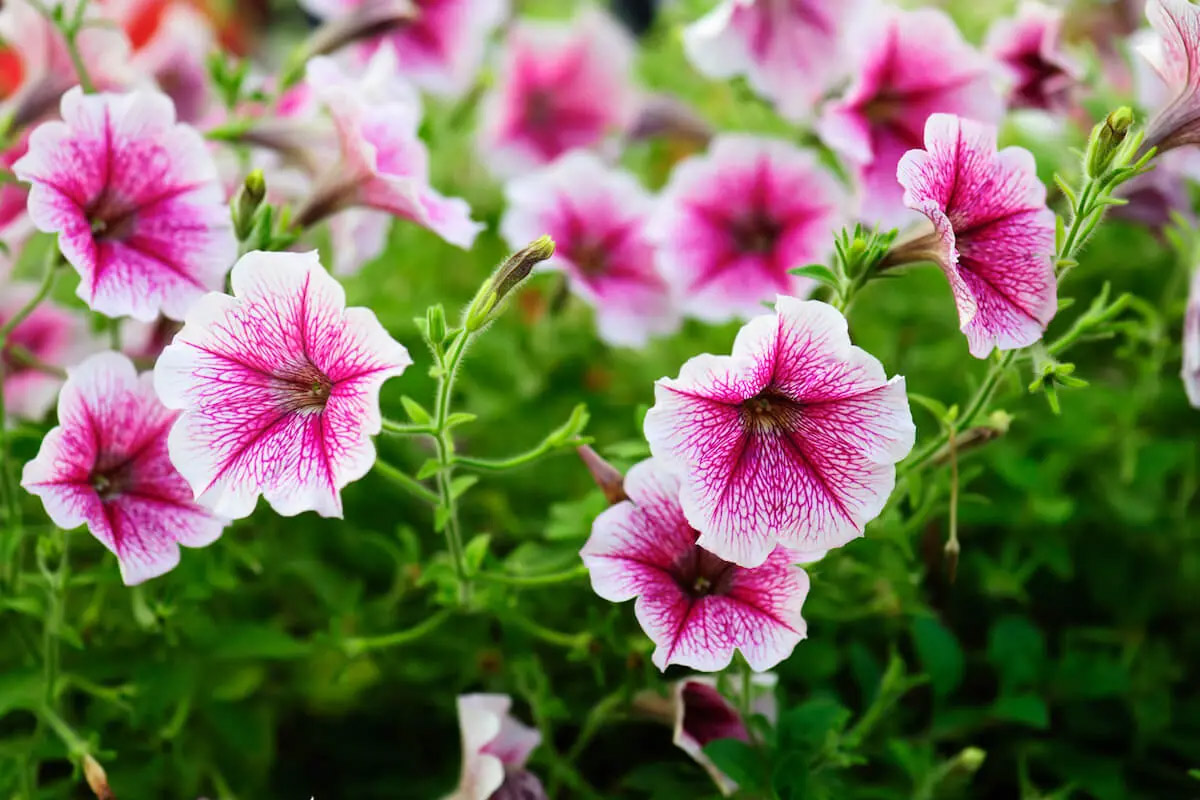
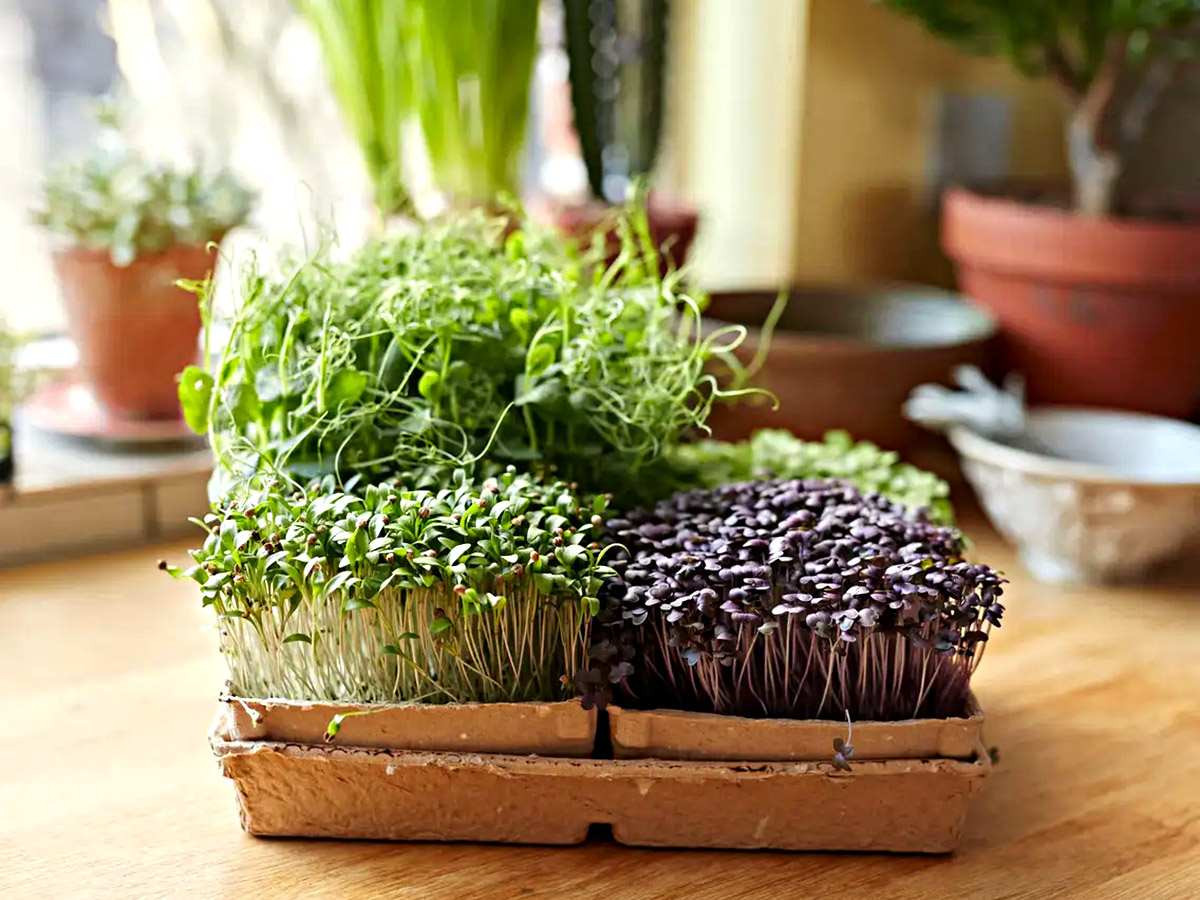
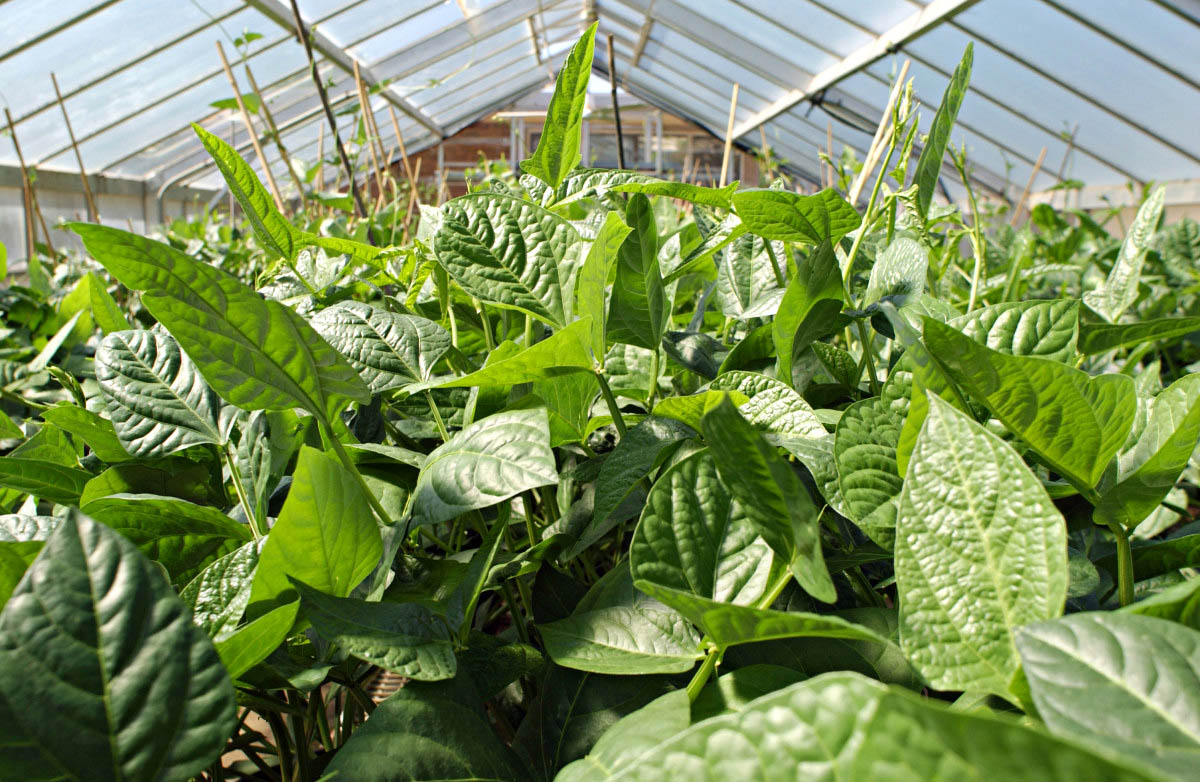
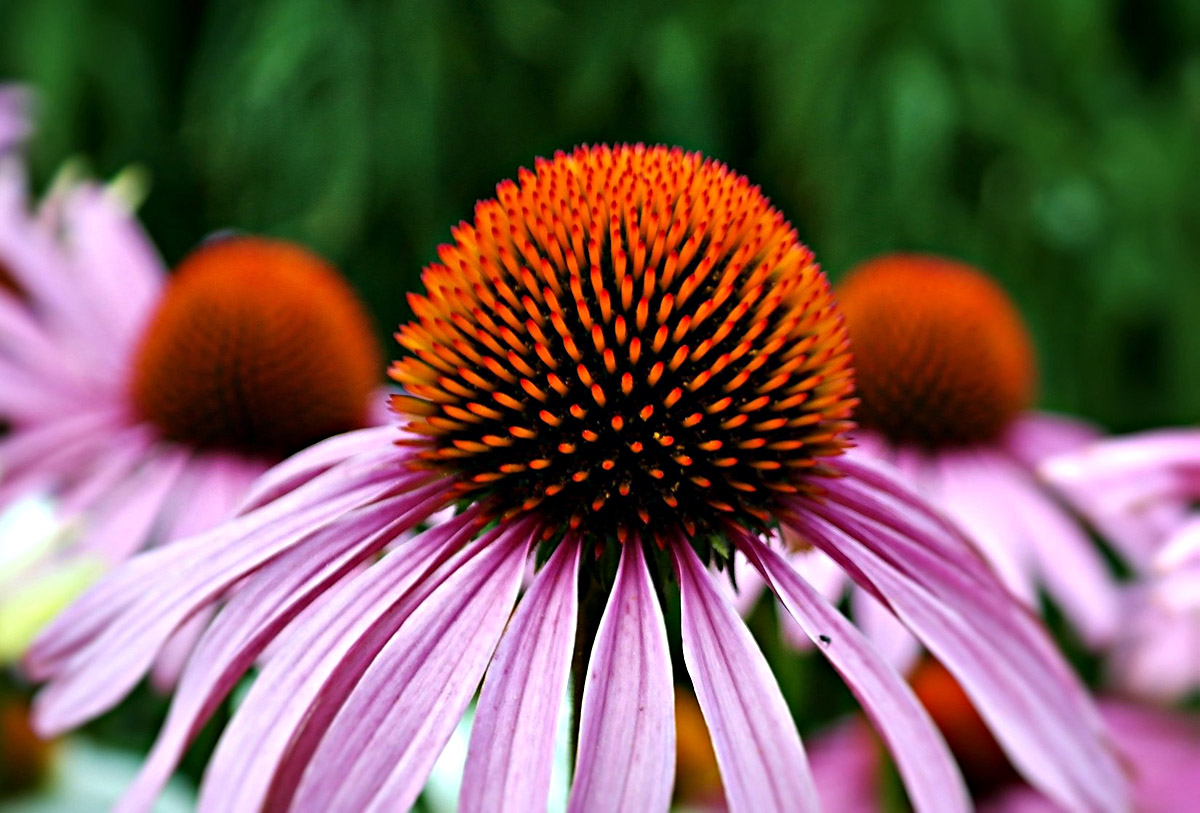
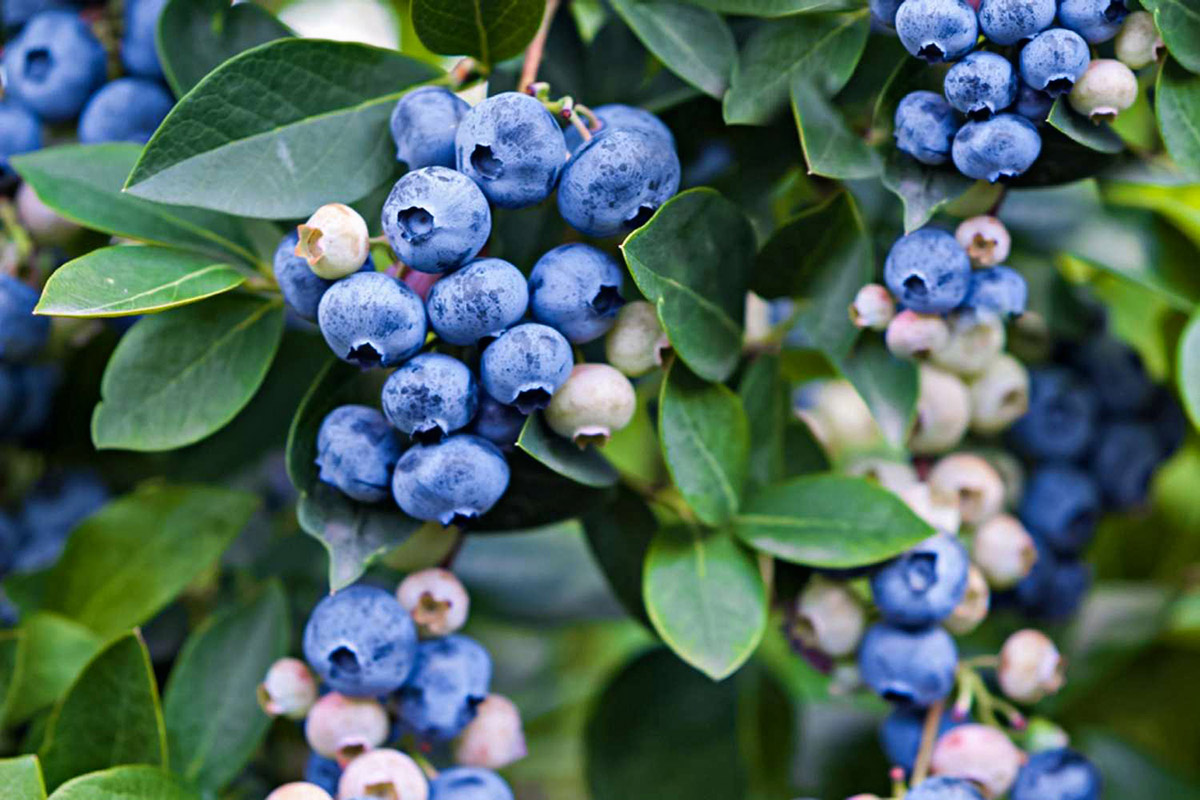
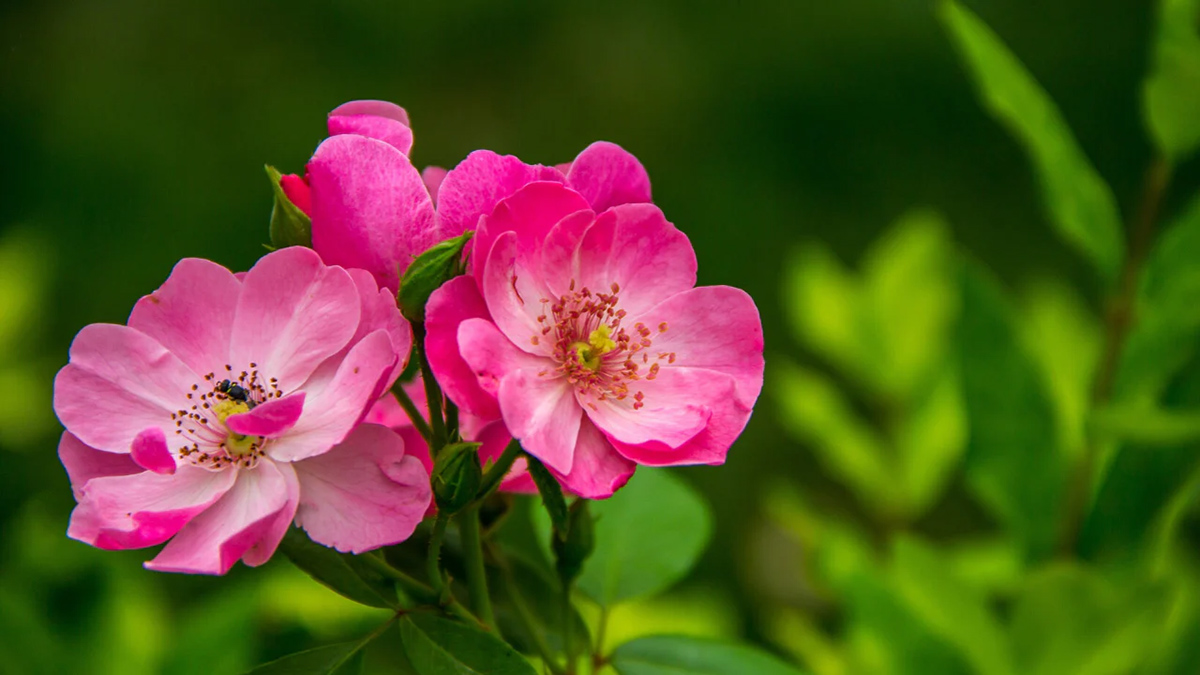
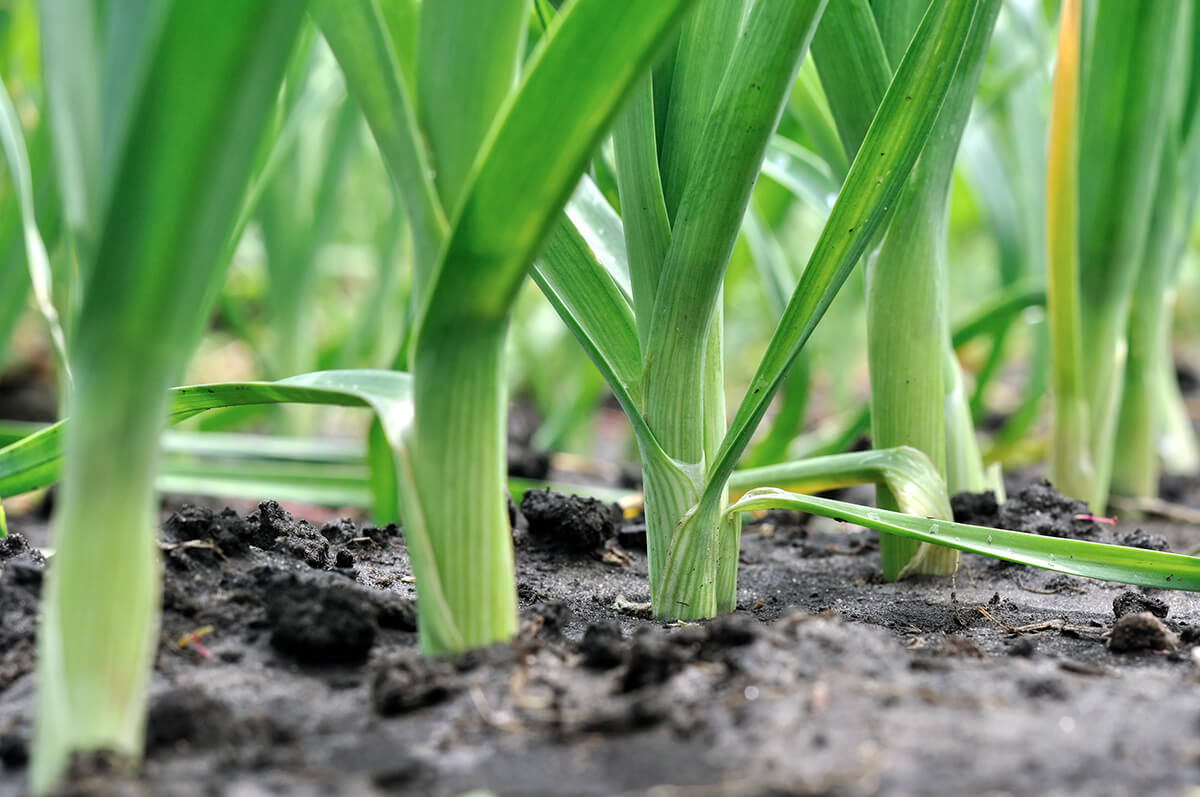
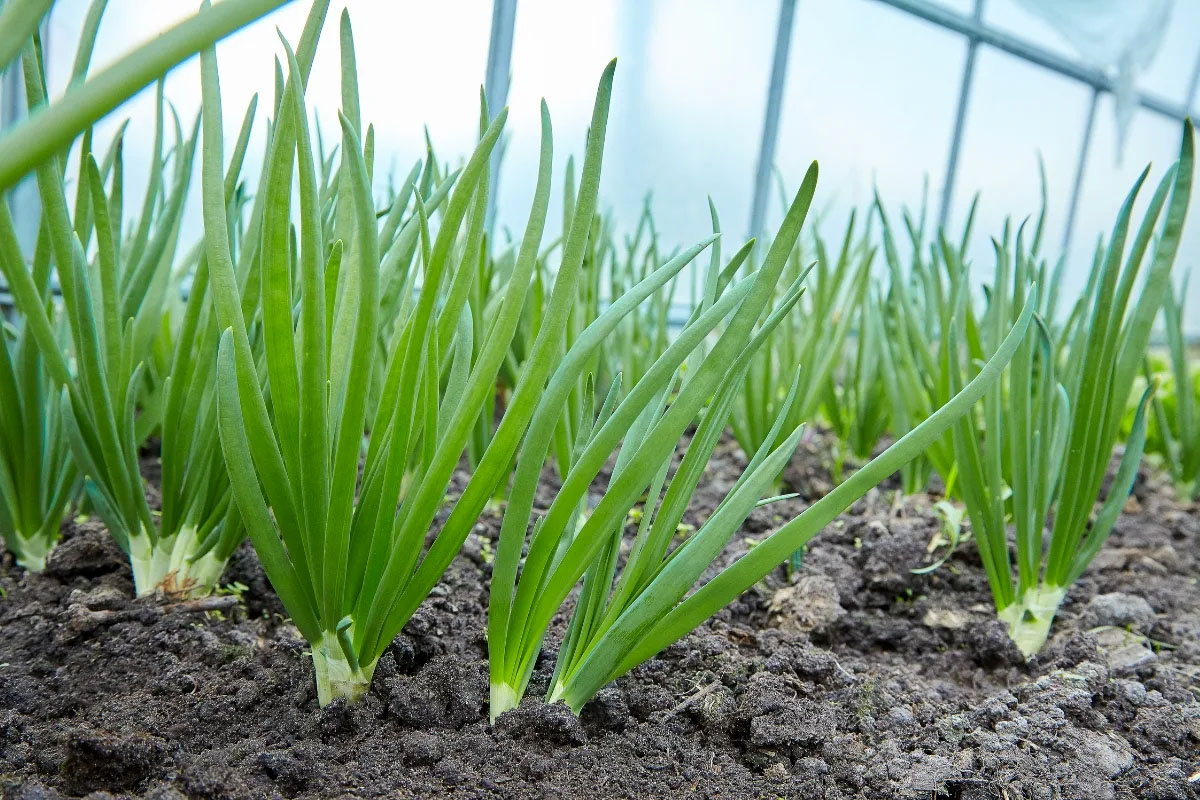
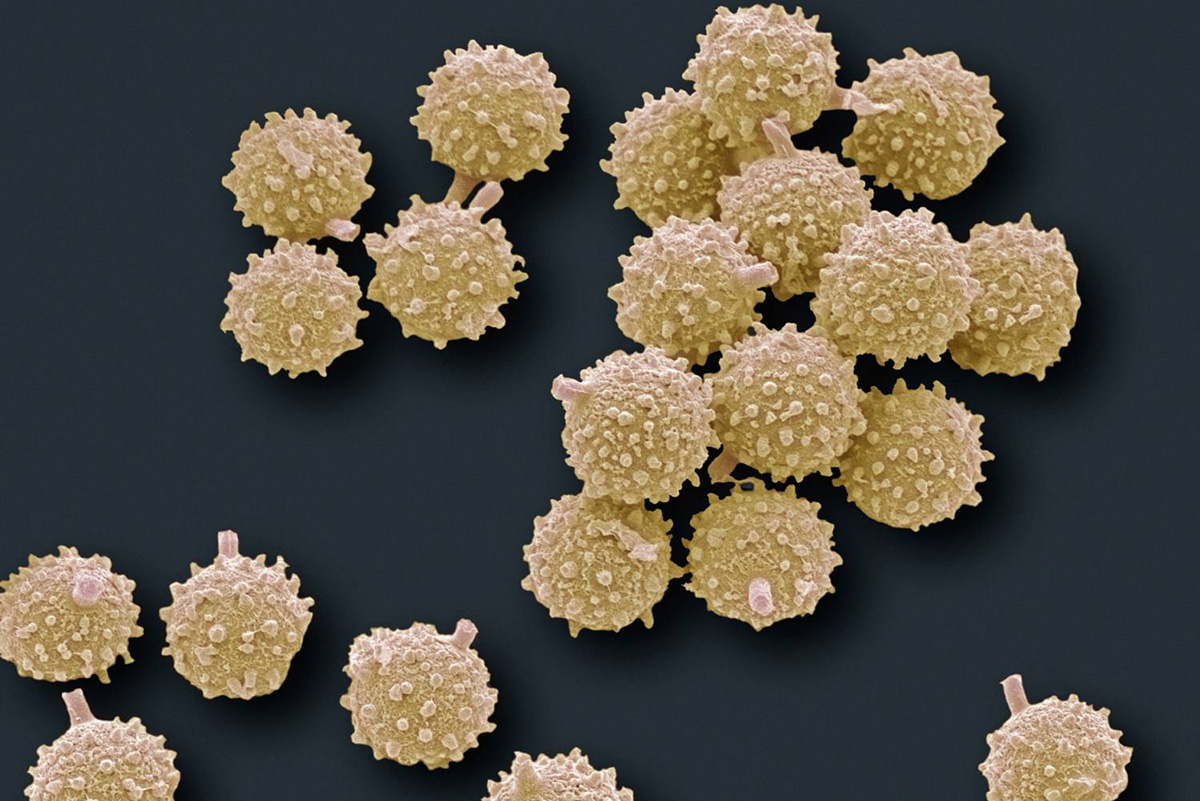
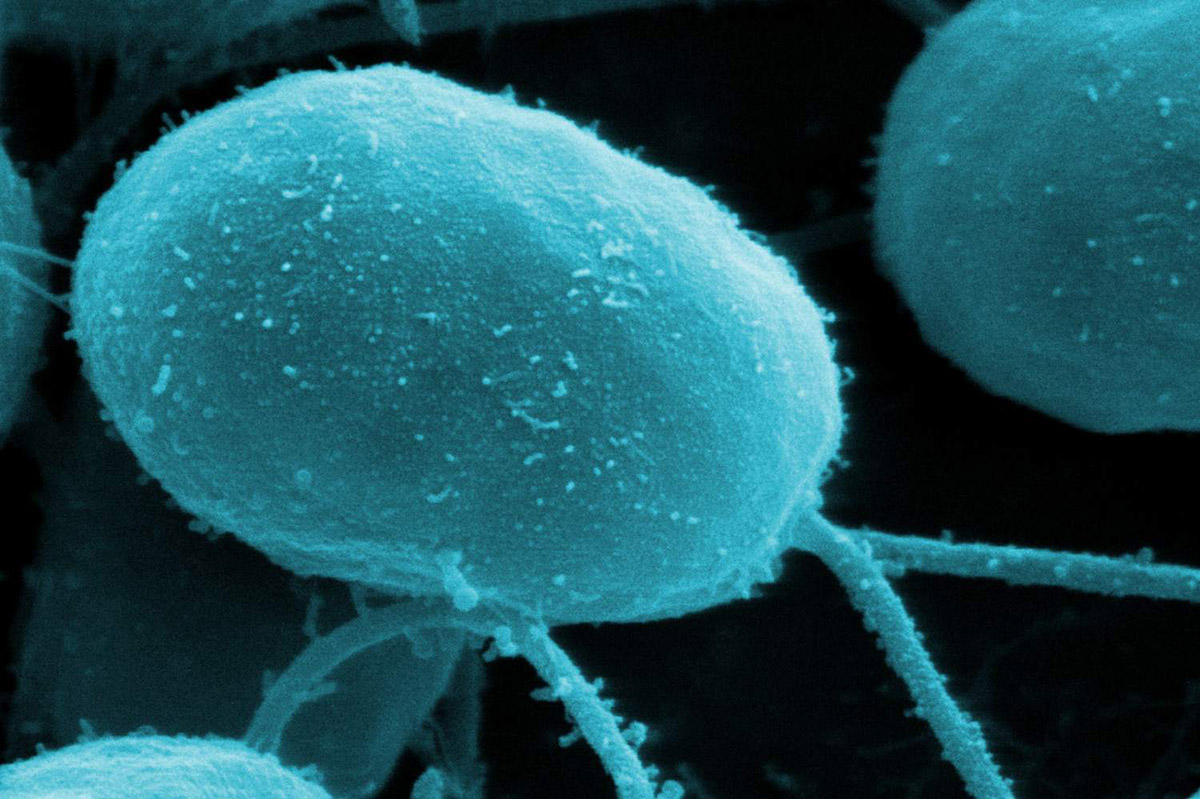
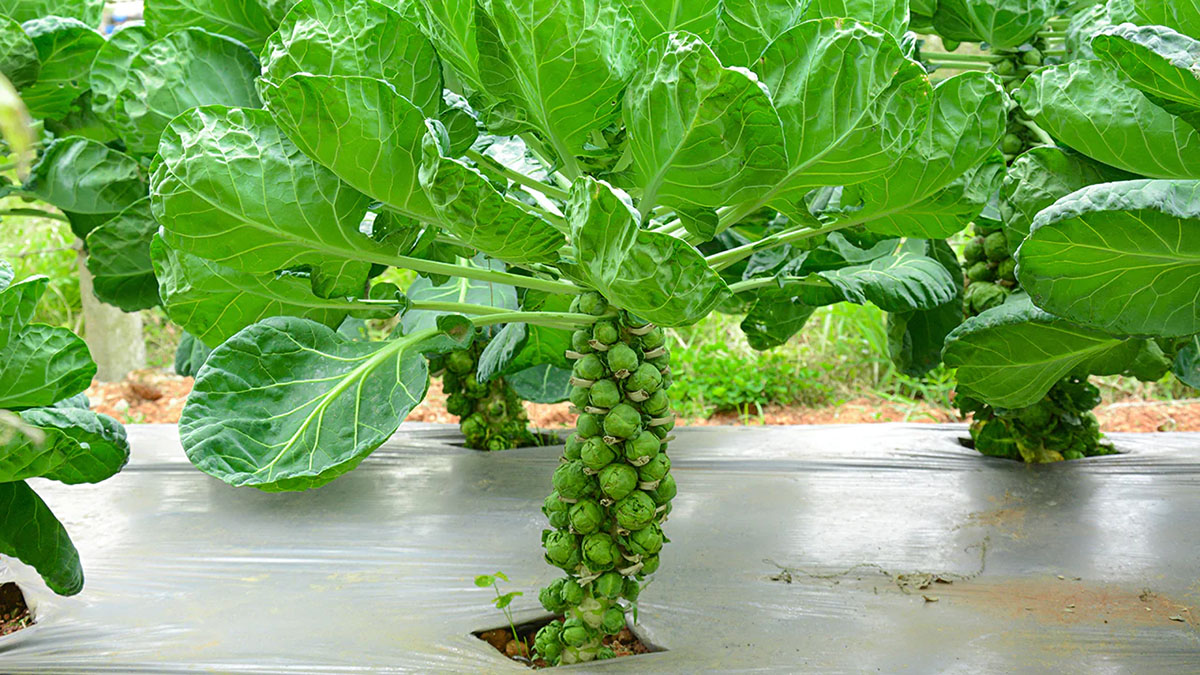
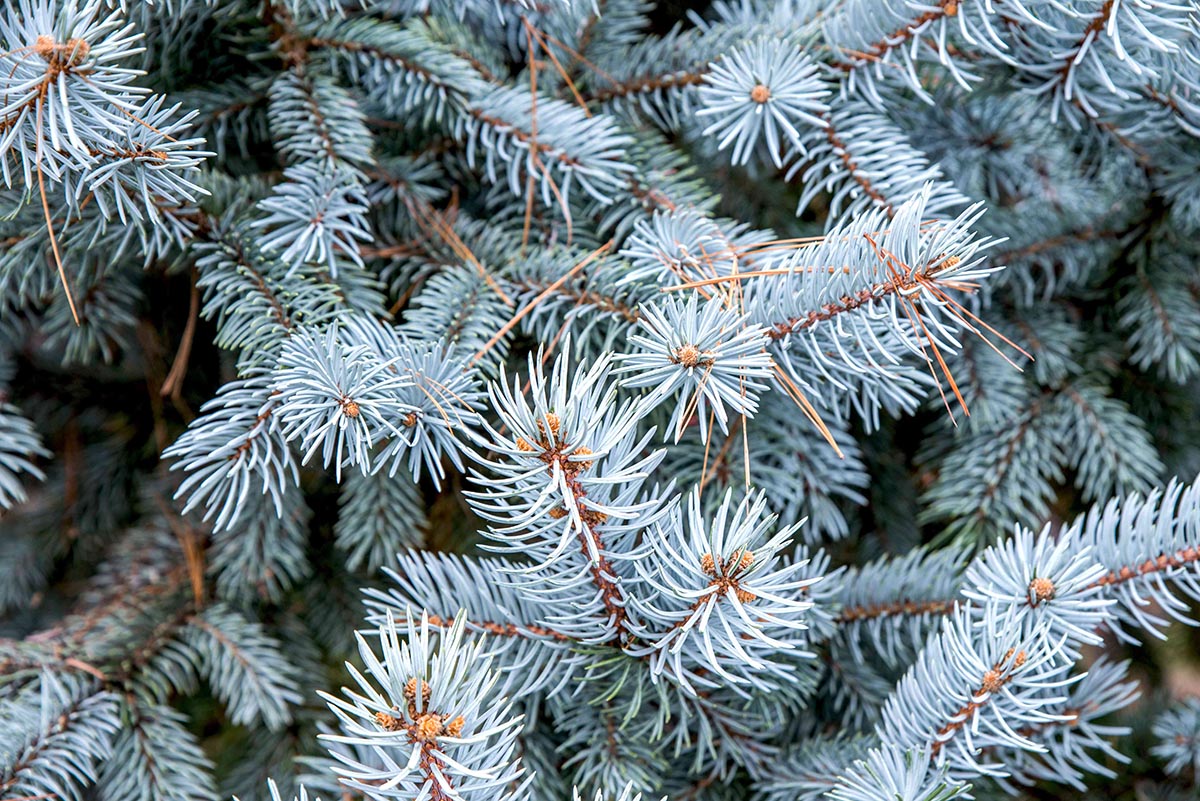

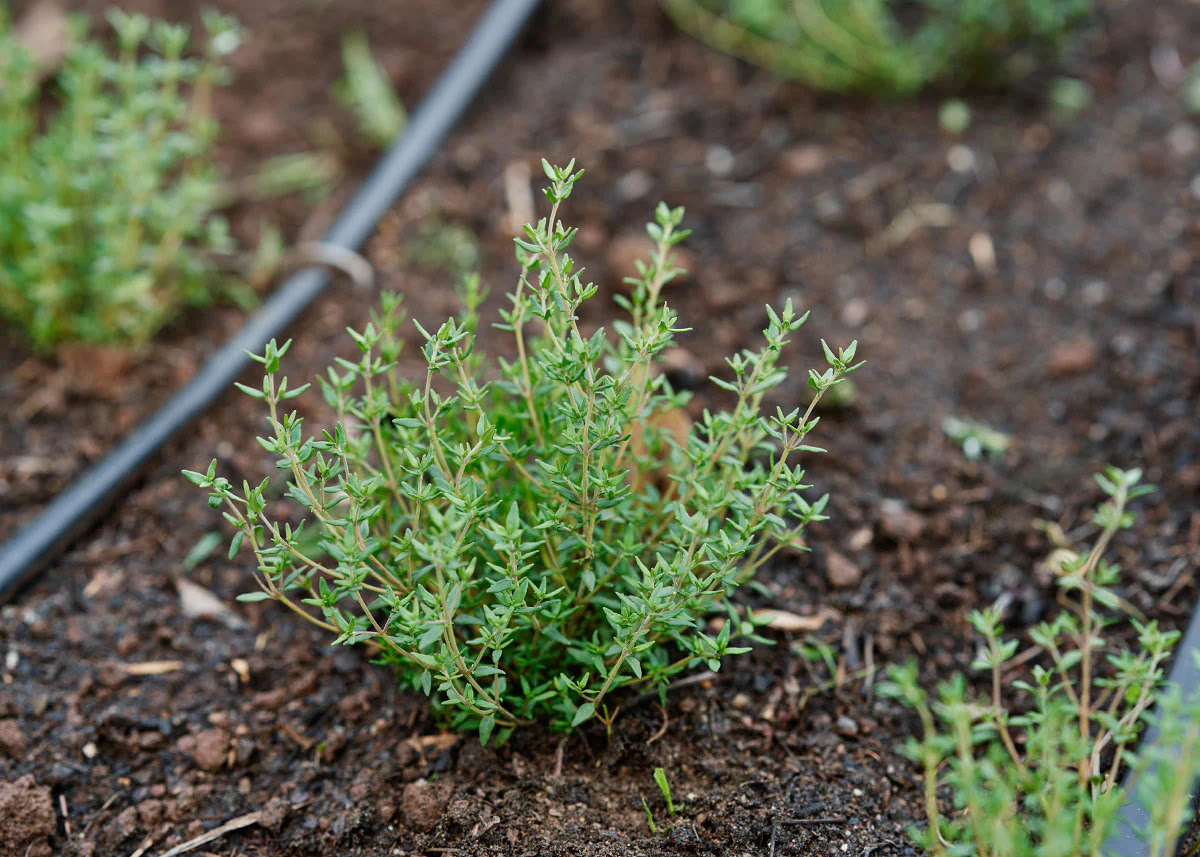

0 thoughts on “How Long Do Spores Take To Germinate In PF Tek?”